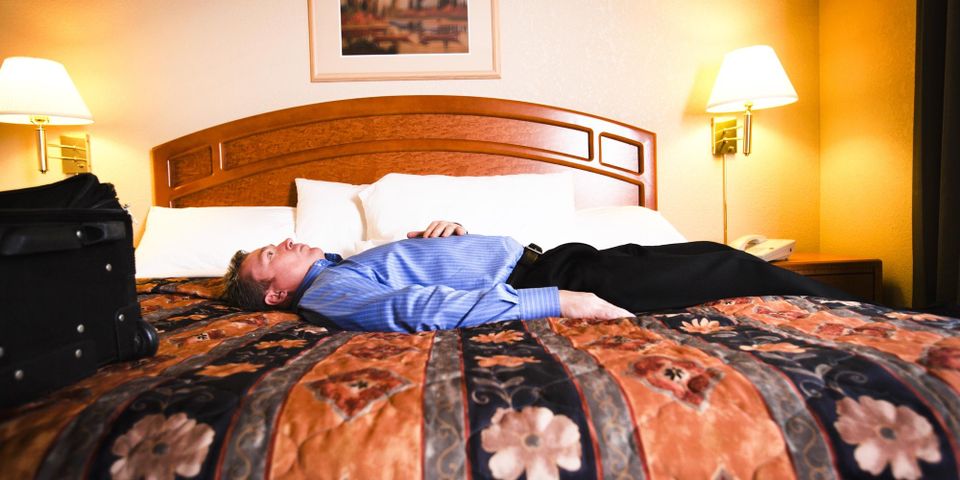How Can I Alleviate My Jet Lag?

If you travel frequently, changing time zones can interrupt your body’s internal clock and throw off your sleep patterns, causing a common disorder known as jet lag. While this problem can impact anyone, it’s more common among individuals who travel regularly for work, those who have insomnia, and older adults. Fortunately, if you’re afflicted by this sleep disorder, practicing the following tips can help you restore your natural cycle and alleviate the effects of jet lag.
5 Tips to Reduce the Effects of Jet Lag
1. Plan Trips Strategically
 If possible, try to schedule your flights so that you won’t be traveling overnight or arriving late in the night. Ideally, you’ll want to arrive in the afternoon or early evening when it’s still light outside. This way, your body will have an easier time adjusting to natural sleep cues, such as the setting sun.
If possible, try to schedule your flights so that you won’t be traveling overnight or arriving late in the night. Ideally, you’ll want to arrive in the afternoon or early evening when it’s still light outside. This way, your body will have an easier time adjusting to natural sleep cues, such as the setting sun.
2. Precondition Your Body
If you’re flying east, you will likely need to wake up earlier than you’re used to. To avoid the shock of an early wake-up call, try to wake up an hour or two early on the days before travel. If you’re traveling long-distance, it’s also important to use the day before your flight to rest up as much as possible. The more rested you are, the easier it will be to jump into a new routine and avoid a sleep disorder.
3. Incorporate Melatonin in Your Diet
Melatonin is a naturally-occurring hormone that signals your body’s sleep-wake cycle. For many people, taking over-the-counter melatonin supplements before a proper bedtime can help promote sleepiness, even if one doesn’t feel tired or is experiencing a bout of insomnia.
4. Adjust Your Mealtimes
Often, people’s internal clock is tightly linked to the times they eat. For example, eating dinner signals that within a few hours, it will be time to fall asleep. As such, you should try to stick to your normal meal times based on the hour—not on your hunger levels. If you arrive in an earlier time zone and are hungry for dinner, eat a light snack and try to wait for a normal dinnertime to indulge in a meal.
5. Talk to a Sleep Specialist
By assessing your symptoms and habits, a specialist can pinpoint the cause of your sleep disorder and offer viable treatment options. For example, in some cases, sleeping pills may be necessary to help you reset your normal schedule.
If you’re having problems falling or staying asleep, Glacier Headache & Sleep Medicine can help. Based in Flathead County, MT, this clinic is qualified to diagnose and treat a variety of sleep disorders—including jet lag and insomnia. Providing personalized care for every patient, this provider will work with you to carefully review your needs and explore safe, effective solutions for better sleep—including medication and lifestyle adjustments. Visit this practice online for more information on their services or call (406) 752-1729 to schedule a consultation.
About the Business
Have a question? Ask the experts!
Send your question

